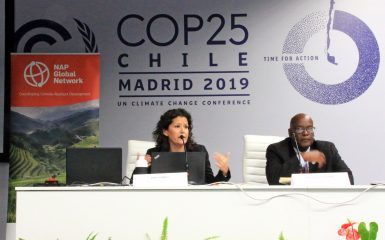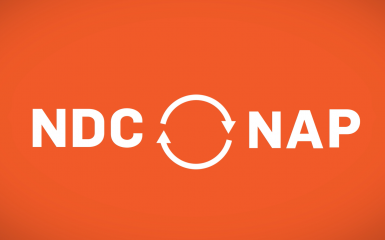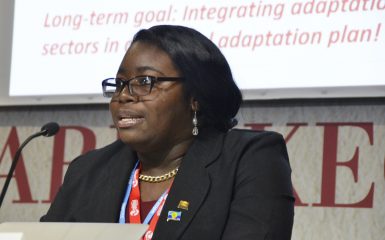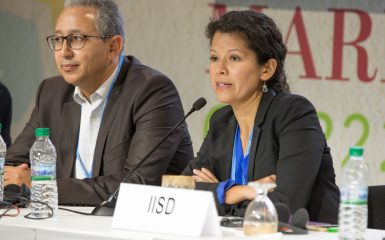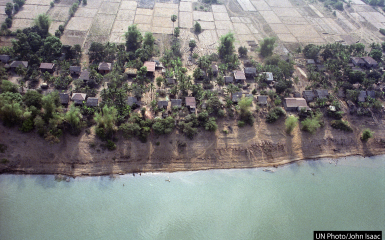Under the Paris Agreement’s Enhanced Transparency Framework (ETF), countries have the option to report on climate change impacts and share information on adaptation efforts. As many countries are preparing their first Biennial Transparency Report (BTR), the NAP Global Network answers some common questions on how to prepare the adaptation chapter of the BTR and how they can leverage the outputs and results of the National Adaptation Plan processes.
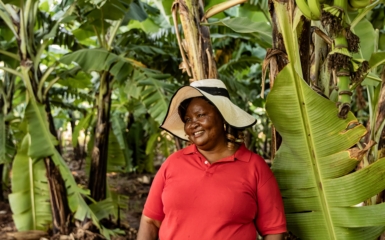
Adaptation in Biennial Transparency Reports: Frequently Asked Questions
By Jeffrey Qi and Emilie Beauchamp
